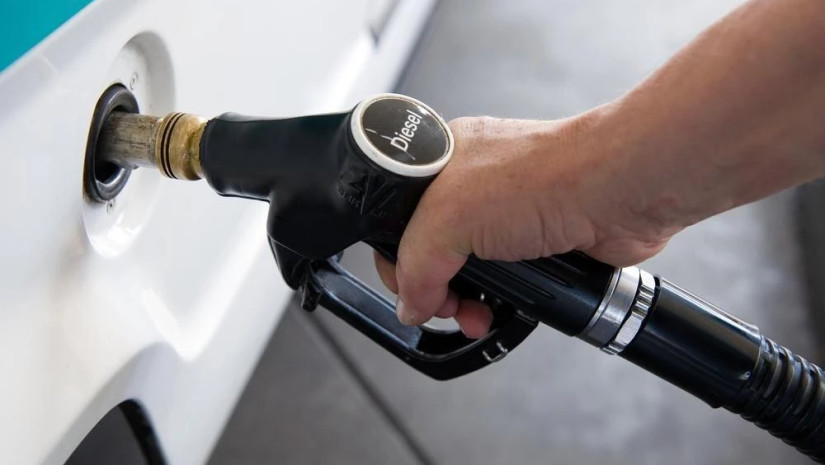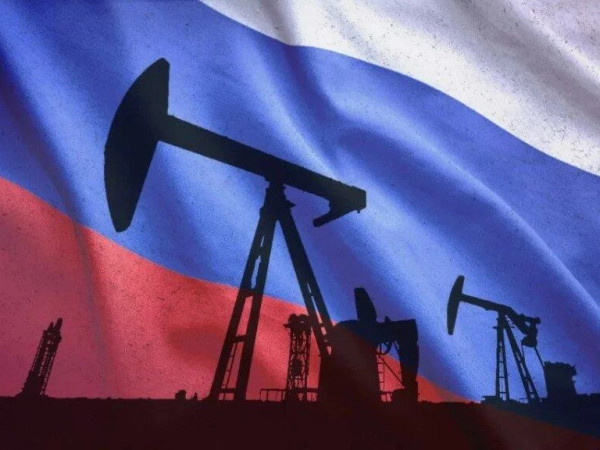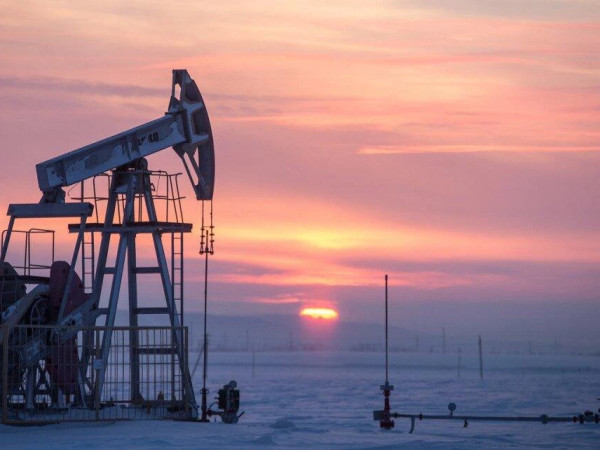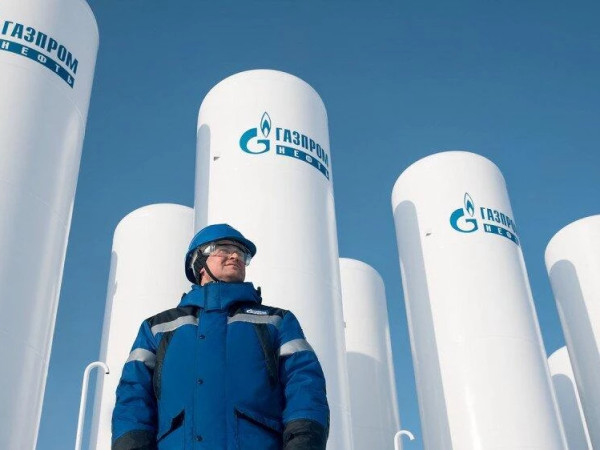Oil products from Russia are set to be banned in Europe as of early next month, in a move that is already causing massive shifts in global diesel trading.
Buyers are rushing to fill European oil storage tanks with Russian diesel, with flows this month on track to hit a one-year high.
The European Union banned seaborne Russian crude imports from Dec. 5 and will ban Russian oil products from Feb. 5, in a move aimed at depriving Moscow of revenue.
The Group of Seven nations (G-7), Australia and the 27 European Union countries also implemented a price cap on Russian crude on Dec. 5.
This allowed non-EU countries to continue importing seaborne Russian crude oil, but it will prohibit the shipping, insurance and reinsurance companies from handling cargoes of Russian crude around the globe, unless it is sold for less than $60.
Russian Urals crude prices fell in December. Russian crude was sold to countries such as India well below the $60 per barrel price cap, according to trading sources, despite Russia saying it would not abide by the cap even if it has to cut production.
Vessels carrying Russian crude loaded before Dec. 5 and unloaded at their destination before Jan. 19 will not be subject to the price cap, according to the U.S. Treasury Department.
The G-7 including the United States, Australia and the EU, are designing a similar price cap mechanism for Russia's refined fuels such as diesel, kerosene and fuel oil, from Feb. 5.
They will be on products trading at a premium to crude oil as well as those trading at a discount, according to a G-7 official.
But experts have struggled to see how the price cap will work for refined fuels. Capping oil product prices is more complicated than setting a price limit on crude, because there are many oil products and their price often depends on where they are bought, rather than where they are produced.
Diesel prices
Since Europe relies heavily on Russian diesel imports, the Feb. 5 ban is expected to support profit margins for the fuel, analysts say.
WoodMac expects European diesel margins, the profit that a refiner theoretically makes from refining crude into diesel, to average $38 a barrel in the first half of the year, more than double the 2018-22 average based on Reuters calculations.
Flows
European diesel imports have averaged 700,000 barrels per day (bpd) so far this year, their highest since March 2021, according to oil analytics firm Vortexa, as traders rushed to fill tanks ahead of the ban.
At the same time, Europe has been raising diesel imports from Asia and the Middle East, the two regions expected to shoulder most exports after the ban comes into place.
The longer voyages, however, and higher demand for tankers shipping the fuel into Europe, has meant that freight rates are rising, adding to the cost for consumers.
New refineries
New refinery projects are expected to raise global diesel production, boosting flows to Europe later in the year and helping to ease the crunch, analysts say.
New additions include the expansion of the 400,000 bpd Jizan refinery in Saudi Arabia, Dangote's 650,000 bpd oil refinery in Nigeria which is expected to come on stream in the first quarter, the new 615,000 bpd al-Zour refinery in Kuwait and a number of sites in China, Daily Sabah reports.















